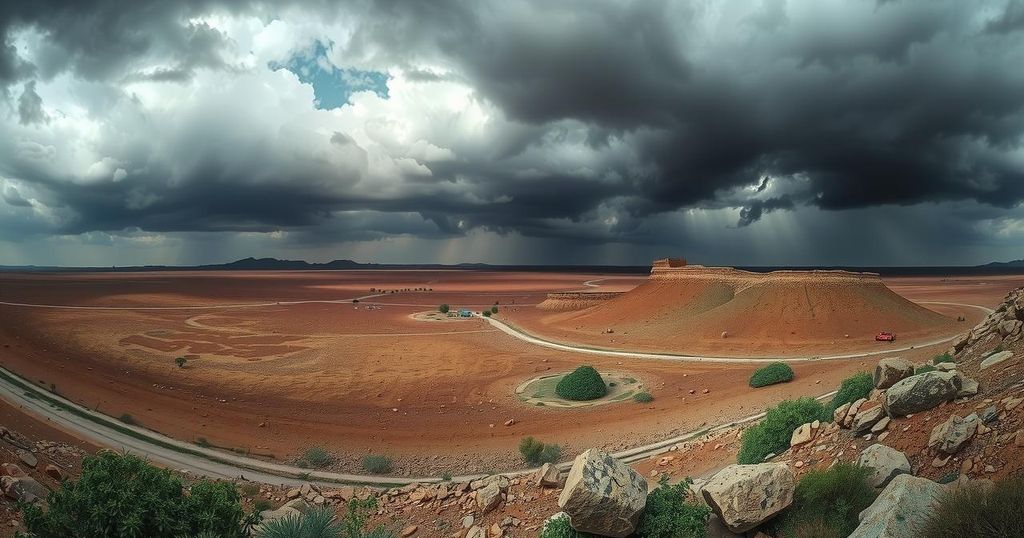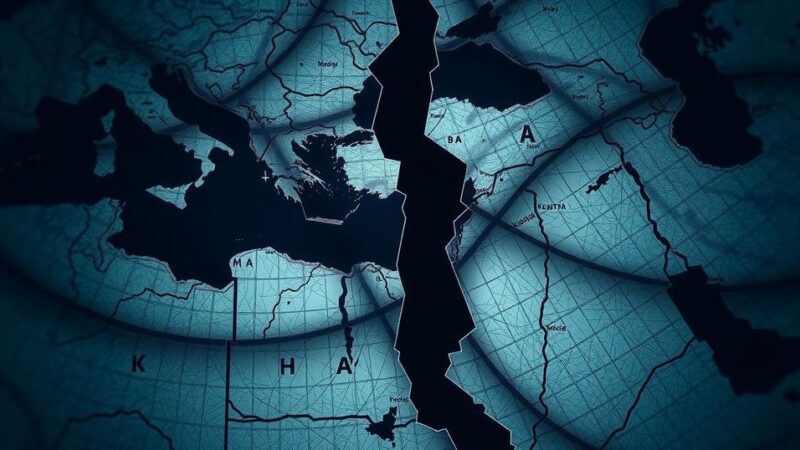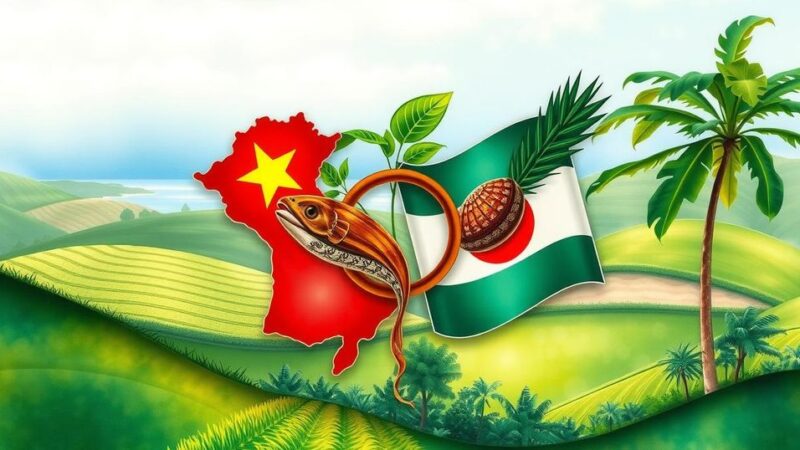Recent developments indicate a resurgence of Al-Shabaab in Somalia, with strategic gains made by the jihadist group and an assassination attempt on the president. The Somali government faces challenges, including reduced international support and internal political distractions, raising concerns about the security of Mogadishu. Analysts provide differing views on the immediacy of threats posed by Al-Shabaab.
The Al-Shabaab jihadist militia in Somalia exhibits signs of resurgence, having regained strategic areas and attempted an assassination of President Hassan Sheikh Mohamud. Following a prior defensive state due to military efforts from the Somali government and international allies in 2022 and 2023, the group has recently seized control of vital locations in Middle and Lower Shabelle regions, adjacent to Mogadishu.
The assassination attempt on the president showcased the renewed threat posed by Al-Shabaab within the capital. Somali officials reported the group’s takeover of Masaajid Cali Gaduud, a critical town in Middle Shabelle, shortly after the president’s visit to the region aimed at countering their influence.
Analyst Matt Bryden identified a troubling trend of government forces losing strategic positions and described an army in “disarray and in retreat.” The government is resorting to mobilizing clan militias and local forces, raising concerns among the citizens in Mogadishu regarding their safety and the government’s ability to secure the city from potential Al-Shabaab encirclement.
Despite the challenges, President Mohamud remains resolute, establishing a temporary command in Cadale and promising that the war will continue until victory is achieved. However, government operations face the risk of decreased international backing as the United Nations realizes cuts in funding following shifts in the operational landscape since the 2007 introduction of African Union-led forces.
Some analysts assert that although Al-Shabaab is advancing, they do not pose an imminent threat to the capital. Omar Mahmood from the International Crisis Group emphasized that the government’s focus on political issues may have created openings for Al-Shabaab’s exploitation of clan grievances and voter-related uncertainties. Ultimately, the situation appears closer to a stalemate rather than an imminent progression towards Mogadishu.
In summary, Al-Shabaab’s resurgence represents a pressing challenge to Somalia’s stability, notably following strategic territorial gains and assassination attempts. The government’s capacity to respond is hampered by potential reductions in international support and a focus diverted toward political matters. While immediate threats persist, analysts suggest that the situation may be more of a stalemate than a direct march towards increased Al-Shabaab control over Mogadishu.
Original Source: www.france24.com






